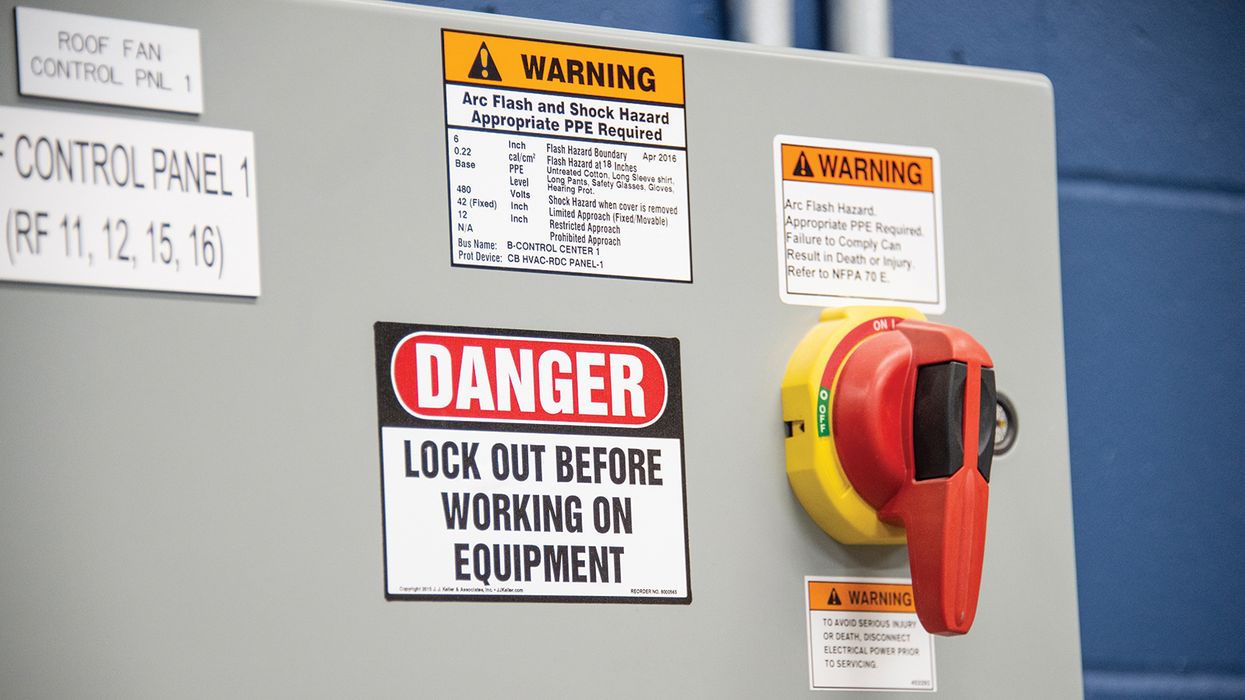Employee on leave under FMLA and ADA is to return to original job
The Family and Medical Leave Act (FMLA) and the Americans with Disabilities Act (ADA) often intertwine, and one of the ways this happens is when employees return to work. Each law has its own related provisions, but if they are both in play, the ADA generally wins out, as it provides greater benefit to a returning employee.
The Equal Employment Opportunity Commission’s (EEOC), which enforces the employment provisions of the ADA, indicates its stance on this in a fairly innocuous Q&A:
Q: How should an employer handle leave for an employee covered by both the ADA and the Family and Medical Leave Act (FMLA)?
A: An employer should determine an employee’s rights under each statute separately, and then consider whether the two statutes overlap regarding the appropriate actions to take.
The FMLA and the ADA provide for very different protections. The FMLA provides for unpaid, job-protected leave for qualifying reasons, while the ADA prohibits discrimination on the basis of a disability and requires reasonable accommodations to the known disability of employees and applicants.
Sometimes, leave is a reasonable accommodation, even if it’s also FMLA leave.
This initial response to the question didn’t hold much surprise, and the EEOC went on to explain it further, and included a few examples. One example, however, provided useful insight:
An employee with an ADA disability has taken 10 weeks of FMLA leave and is preparing to return to work. The employer wants to put her in an equivalent position rather than her original one. Although this is permissible under the FMLA, the ADA requires that the employer return the employee to her original position. Unless the employer can show that this would cause an undue hardship, or that the employee is no longer qualified for her original position (with or without reasonable accommodation), the employer must reinstate the employee to her original position.
Most employers likely return employees to their original position. If, however, you were to run across a situation such as the EEOC’s example, you should make sure that you do. If you don’t, you could risk an ADA claim.
If holding an employee’s position open during a period of leave is an undue hardship under the ADA, or the employee is no longer qualified to return to his/her original position, then you must reassign the employee (again absent undue hardship) to a vacant position for which the employee is qualified.
Not all FMLA serious health conditions are ADA disabilities, but many can be, such as diabetes, migraines, cancer, long COVID, and anxiety, just to name a few. With the increase in mental health conditions, it pays to keep this little EEOC tidbit in mind.























































